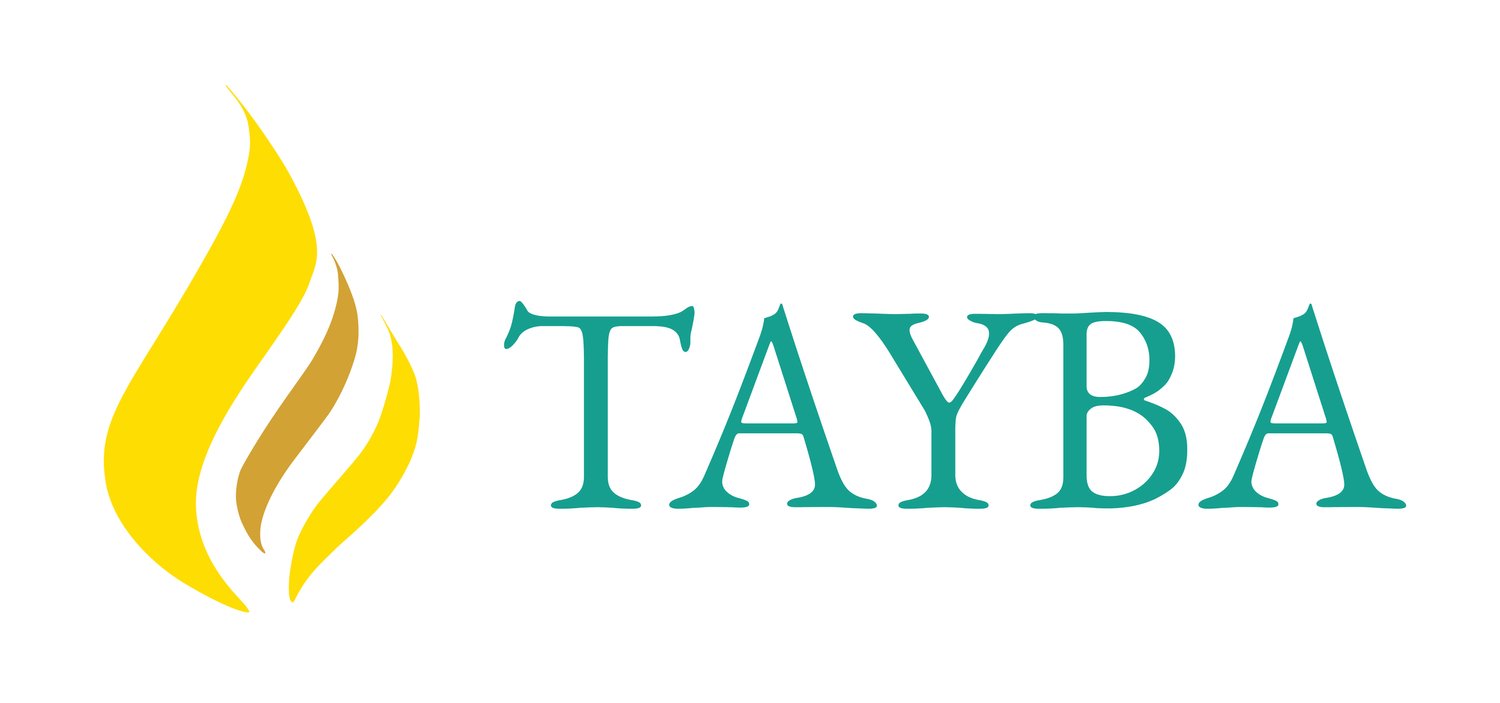Eid in Prison? A Former Inmate Recounts
In some prisons, Muslims do not have the luxury to perform the Eid prayer in congregation. The timing of the prayer or other factors, which would normally not be applied in such circumstances, are used as grounds to justify denying the brothers this opportunity to congregate. That being said, it should be noted that nearly all Muslims in prison are denied the opportunity to make the prayer and enjoy the feast (i.e., banquet) on the same day. The banquet is usually held weeks or months after the actual Eid and is an extremely regimented, highly regulated affair in which the security needs of the respective prisons trump all other considerations the Muslims may desire agreement with in regards to expression of their festive mood. Acquiring the requisite approvals to host a typical Eid banquet, which is normally only 2 to 3 hours long, entails a lot of preparation and compliance with regulatory red tape on the part of the chaplain. The banquet normally consists of speeches, food, and very limited socializing.
The day of the event is usually very tense and guards are on a heightened sense of security:
All guest visitors – comprised of members of the public willing to visit the Brothers in prison – have to be supervised and escorted to the location of the banquet
The designated location of the banquet is either the visiting room, the chapel, gym, or a large classroom. These locations are strategically chosen to ensure compliance with all security protocols and allow for maximum observation of prisoners and guests. Prison officials do not take anything for granted in these situations.
Prisoners have to be escorted from their cells or dorms to the designated location
Additional staff coverage is requested to monitor all the prisoner and guest movements
Kitchen staff works in conjunction with Muslim prisoners – where it’s allowed to have Muslims prepare their own food– to prepare the meal and have it then escorted under direct supervision to the location
All prisoners are filed in and screened according to the roster of eligible participants before permission is given to enter the banquet location
Once inside, they are required to sit and listen to the speeches, Qur’an recitation, or any other form of expression that the chaplain has set up in the venue. Movement is very limited and most prisons do not allow the participants to leave and come back to the designated location
Upon the completion of the speeches, everyone breaks for Zuhr salat – these banquets are normally held in the noon or afternoon time slots – and the room is cleared of all tables and chairs to make room for the blankets and bed sheets to pray on
After salat, the room is assembled again with chairs and table, and food is issued
Being that it is prison, the time allotted for eating the meal is rather short and the clean-up commences immediately afterwards
Everyone is encouraged to participate in the clean-up because prisons normally have count times in the afternoon where every prisoner has to be back to his/her designated cell or dorm
After the clean-up, all prisoners are searched – depending on the prison regulations and the location – and escorted back to their designated cell or dorm
The chaplain returns all the utensils and food related containers to the main kitchen where everything is screened and verified that it has not been altered or that metal pieces are not missing, which could be used for weapon stock
The chaplain escorts all the guest visitors to the main gate and parking lot
Everyone returns back to "normal"
